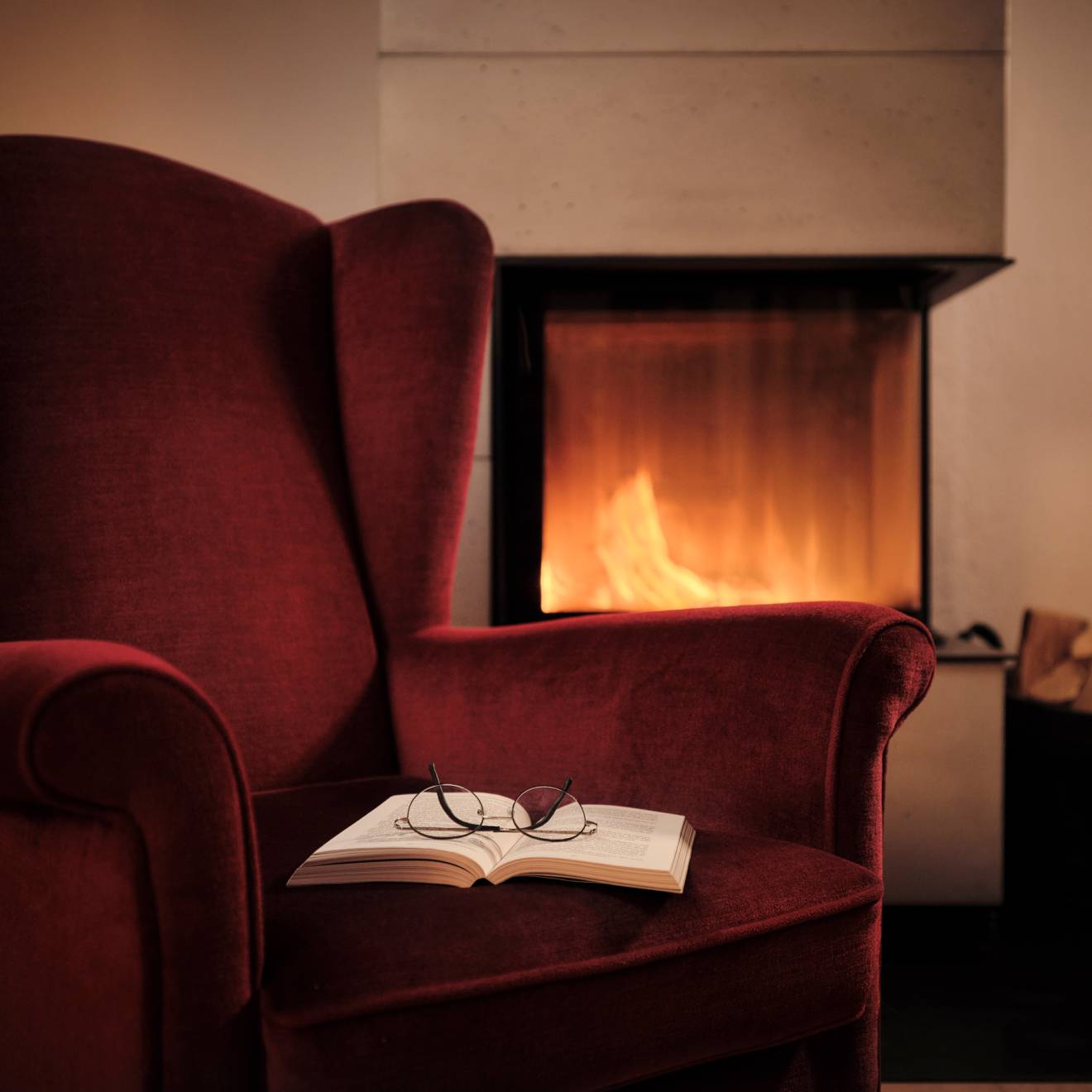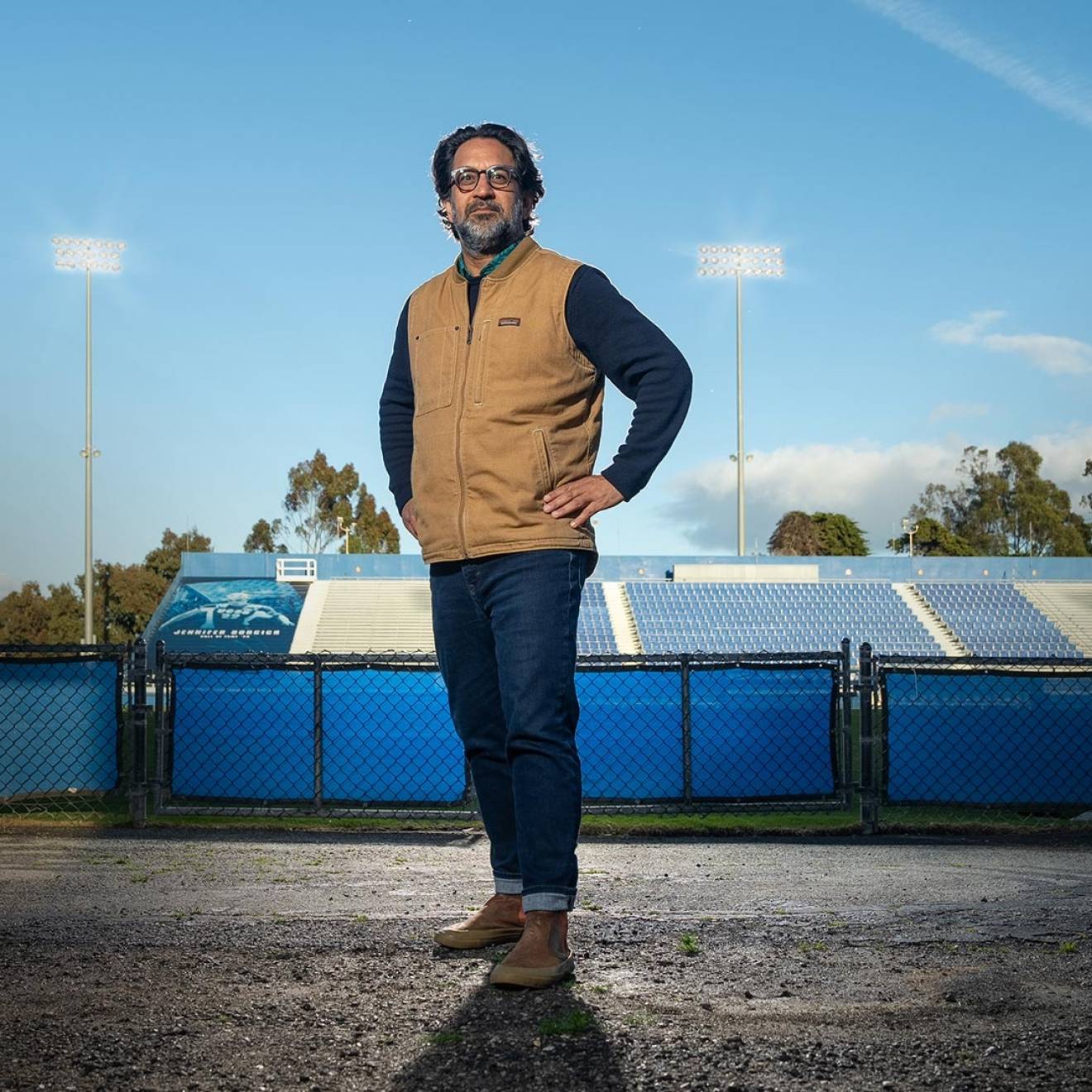Nicole Freeling, UC Newsroom

Never let being single on Valentine’s Day bum you out again. UC Santa Barbara psychologist Bella DePaulo — one of the nation’s foremost scholars on the single life — is here to tell you that going it alone can be fulfilling, liberating and downright blissful. And she has the research to back it up.
On Valentine’s Day, DePaulo joined the University of California for a Facebook Live interview to discuss singledom and how it relates to happiness, volunteerism, connection to others and life satisfaction. What she has found is far different than what popular culture suggests.
Her message, backed up by years of study and personal experience: One can live a full, meaningful life without ever being half of a pair.
“This perspective should be obvious — but it has rarely gotten much attention. We have a culture that is so obsessed with marriage and weddings and romance.”
Described by The Atlantic as “America’s foremost thinker and writer on the single experience,” DePaulo has been single her whole life — and never wanted anything different.
As a young adult, DePaulo saw her friends become involved in relationships and get married, and wondered if she would ever have the desire to do the same. At some point, however, “I realized that just wasn’t me. My ‘Happily Ever After’ lies in being single.”
“Single at heart describes people like me — who live their best, most authentic, most fulfilling and meaningful lives by living single. It’s not just better than being in a bad relationship. Single is the first choice,” she said. “It's just such a wonderful way of life for me, and I found that it is for a whole lot of people.”
DePaulo points out that the number of single people has been on the rise in recent years, and today there are almost as many adults over 18 who are single as there are married. One in four people over the age of 50 has never been married.
And yet it is a population — and a life choice — that is often overlooked.
While everything from fairy tales to rom-coms to recent Supreme Court rulings on gay marriage tout the benefits of being in a committed relationship, little research had been done on the merits of not tying the knot.
As an academic, DePaulo took that as her calling.
The myth of ‘happily ever after’
“There are so many myths about single people — that they are miserable, selfish, lonely; that they don’t have anyone else.”
The data, she said, tell a different story.
Take the relationship between marriage and happiness. In studies that followed cohorts of people throughout their adult life, single people reported being as happy as people who got and stayed married.
While newlyweds experience a short-lived bump of happiness around the time of their wedding, reported levels of happiness quickly return to their pre-marriage baseline. There is, however, one notable exception: People who ultimately got divorced were more likely to experience a decline in happiness during their years of marriage.
She also found that single people are no more likely to be lonely than others. One key reason: They are far more likely to be socially active. Singles, on average, spend more time with friends, family members and community organizations than couples who, on average, tend to be more insular.
DePaulo draws a distinction between loneliness and solitude. Where some might fear waking up alone, she jokes that she fears waking up to find someone hogging the covers and snoring. “Having time and space to oneself allows for a real restfulness, creativity and ability to be restored.”
Beyond love — which can encompass many types of relationships other than romance — there are other things that make people happy, and single people may even be at an advantage to develop those: autonomy, mastery, purpose and meaning.
“Everyone, regardless of their relationship status, wants two big things out of life: On the one hand, we want human connections. We want emotional ties with other people. And on the other hand, [we] want autonomy and independence. I think single people have a better chance at both of those.”
How the uncoupled are ‘singled out’
That is not to say that there aren’t drawbacks to being single.
DePaulo acknowledges that, for many, being single can be financially precarious. She has also documented the many subtle ways that society privileges marriage and relationships.
DePaulo said that she is often left out of social gatherings because she is not part of a couple.
Social policies are also tilted strongly toward marriage. DePaulo has found at least 1,000 federal laws that grant rights to married people, but exclude singles from those same benefits. For example, leave policies enable people to care for a spouse but not for a close friend.
Now that unmarried adults make up almost half of the adult population and are growing in number, DePaulo is hopeful that both policy and popular culture will begin to better reflect the single experience.
But most importantly, she urges those who are single — even for those who see it as a temporary condition — to celebrate and embrace this stage of their life.
“Don’t act like you are just marking time,” she said. “Live your single life fully and unapologetically. Do what it is you most want to do because you will never again be this unencumbered.”

